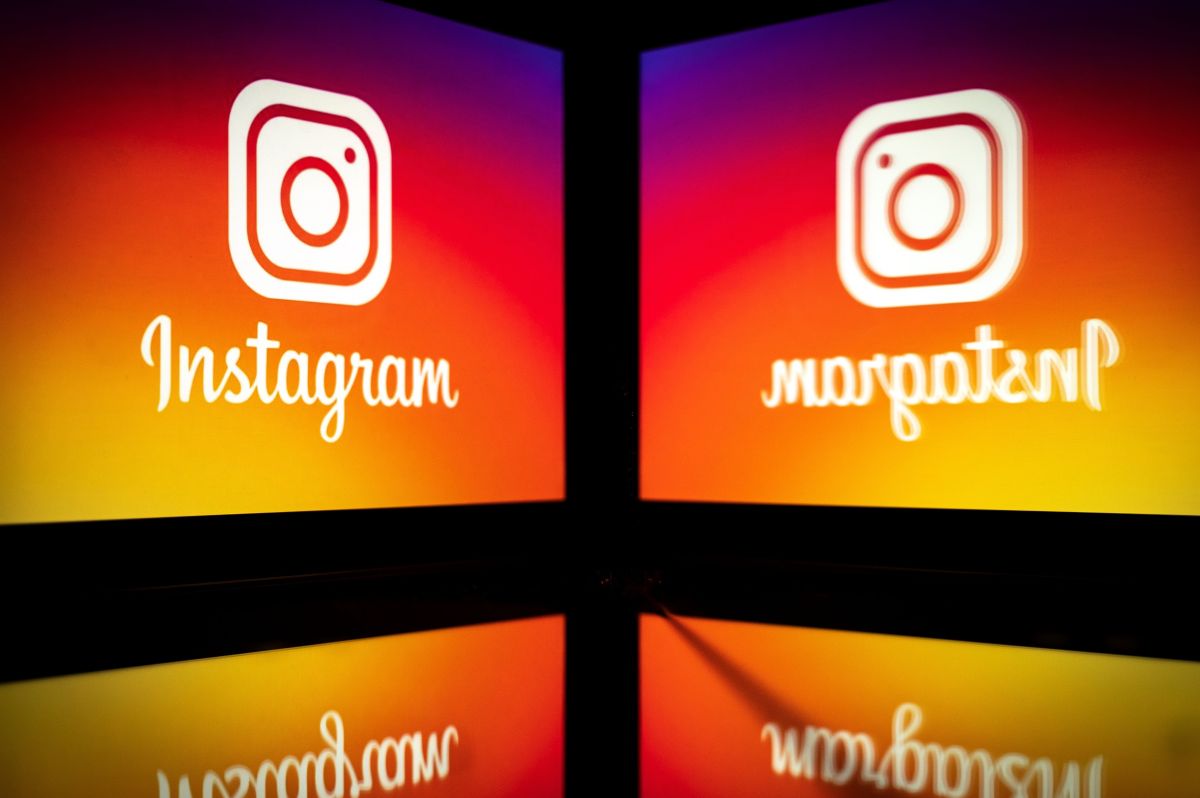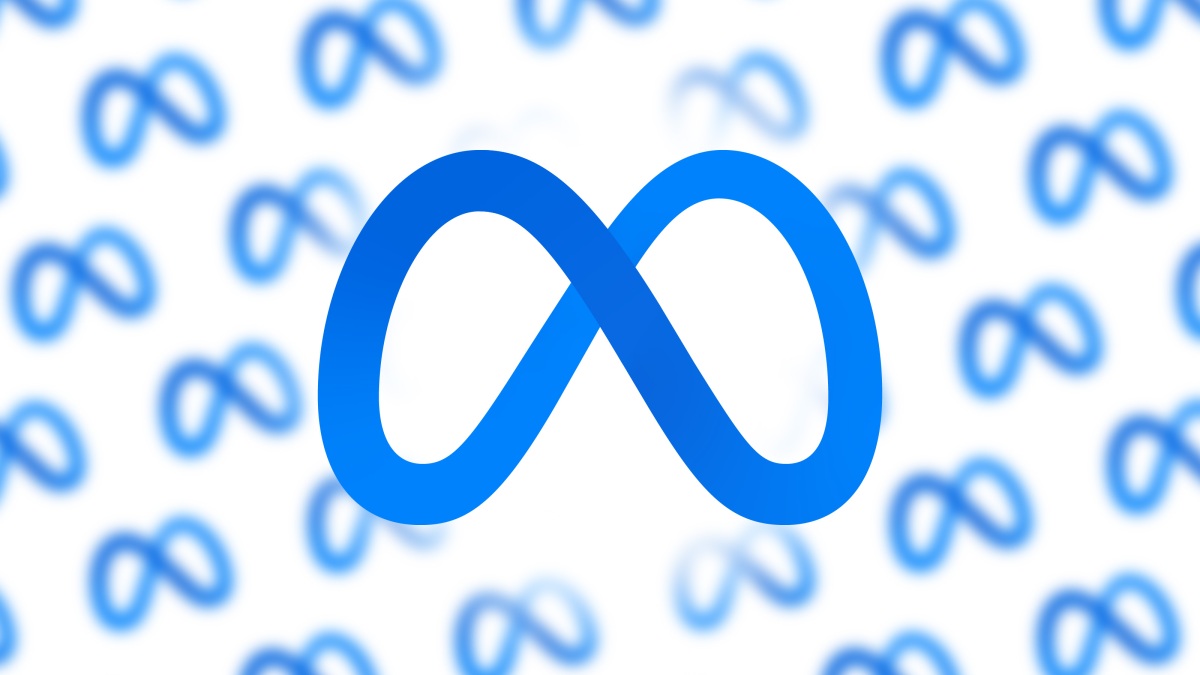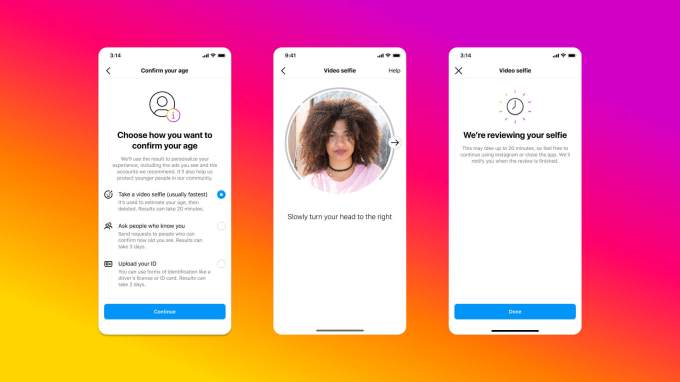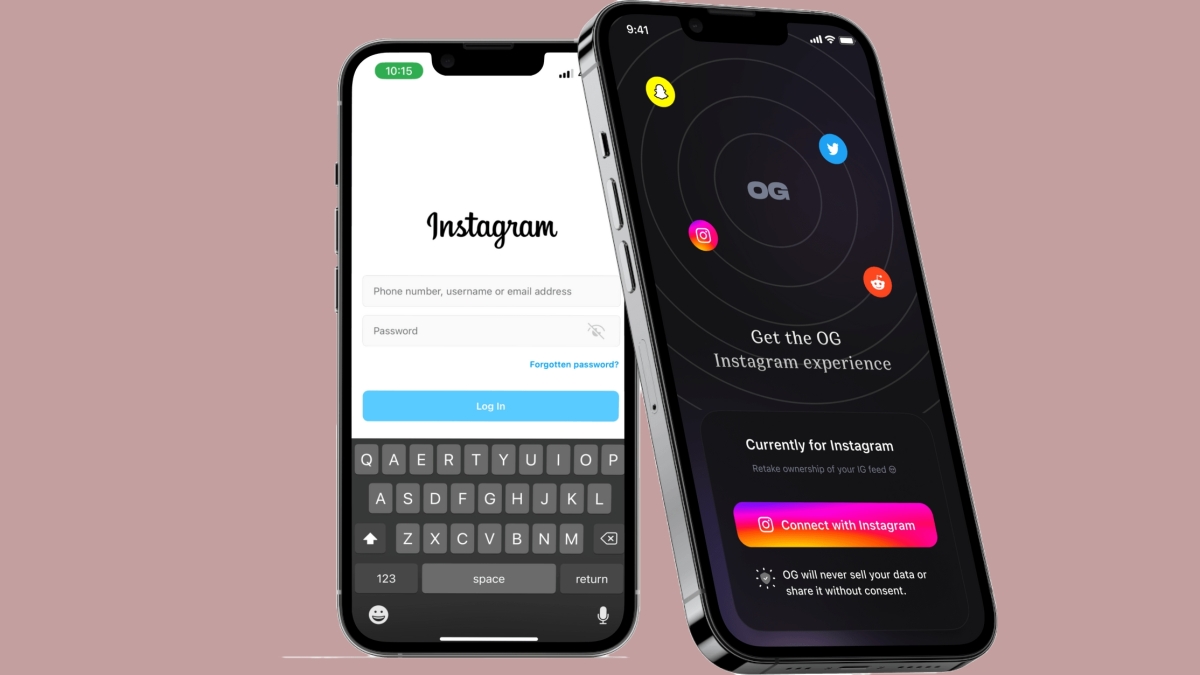Instagram is updating its web interface to take advantage of large screens • ZebethMedia
If you have used Instagram on your desktop system, you know that it looks like a badly made copy of its mobile website. The company is now introducing a refreshed design that takes advantage of large screens. Instagram’s head Adam Mosseri made this announcement through a post on Tuesday along with a feature that enables professional accounts to schedule their posts. “We know a lot of people use the web to multitask and we wanted to make sure Instagram was an as great experience as possible online,” he said. He added this new design is cleaner, faster, and easier to use. 🎉 New Features 🎉 Some “finally features” that I think you’re going to be excited about… – Schedule Posts (coming soon)– IG Web Updates pic.twitter.com/5tyMxWh1n8 — Adam Mosseri (@mosseri) November 8, 2022 The new design moves the menus and icons like home, search, messages, and notifications to a side pane. What’s more, the explore/search page shows a full grid spanning across the monitor. The new sidebar expands and collapses based on the screen you are on. In the older design for web, when you opened a profile, options like Posts, Guides, Reels, and Tagged were hosted on top of the grid. So if you wanted to switch to another tab, you had to scroll to the top from wherever you were. The new design solves this problem by moving these options to the side. This redesign — rolling out slowly to users — will make it easier to use Instagram on large monitors while switching between different tabs. Sadly, if you were waiting for an Instagram app for iPad, that’s not coming anytime soon. Earlier this year, Mosseri noted that the iPad app is “not big enough” to make it a priority for development. Earlier this month, Instagram said it will soon allow some creators to mint and sell NFTs directly in the app.








